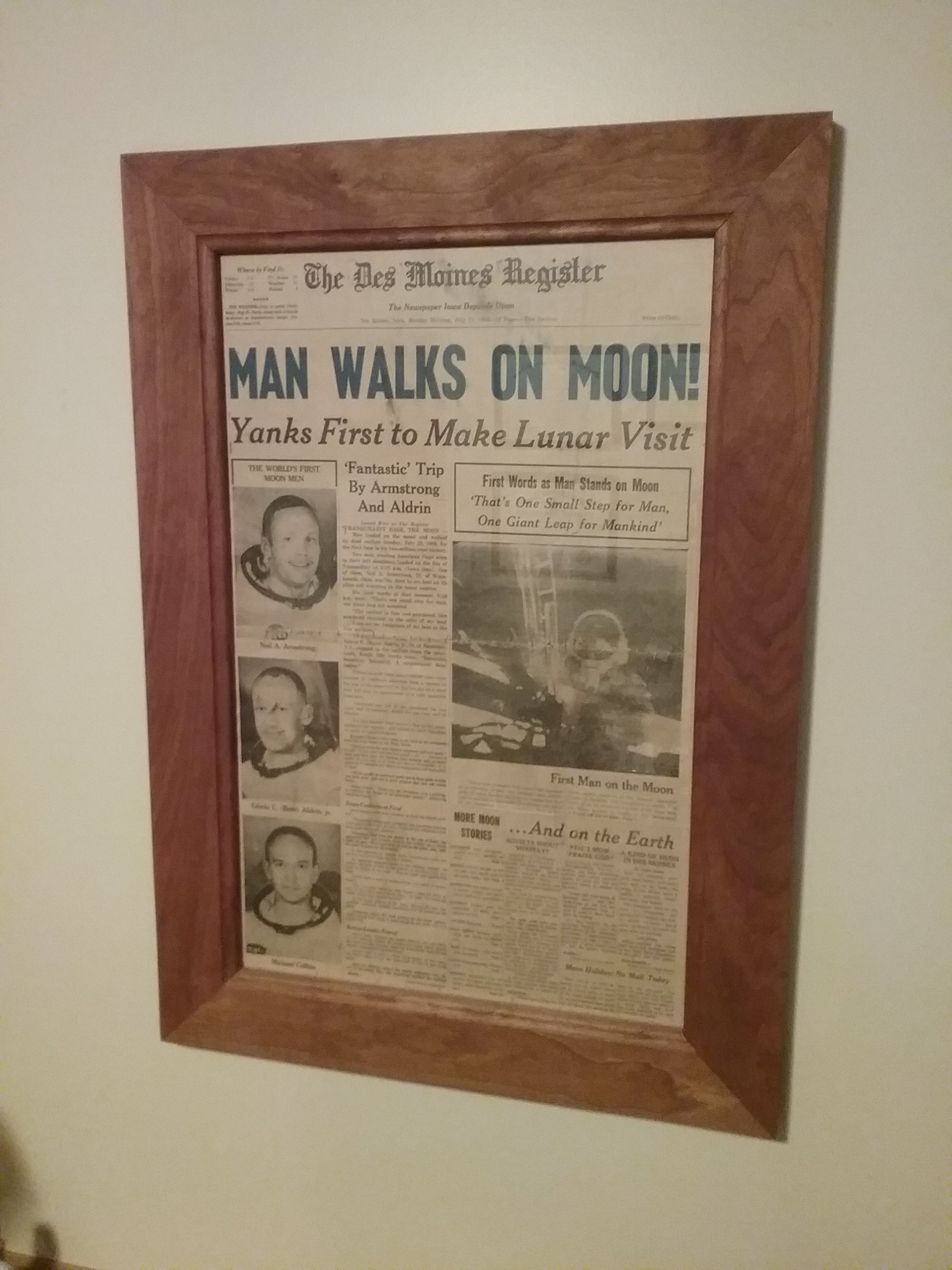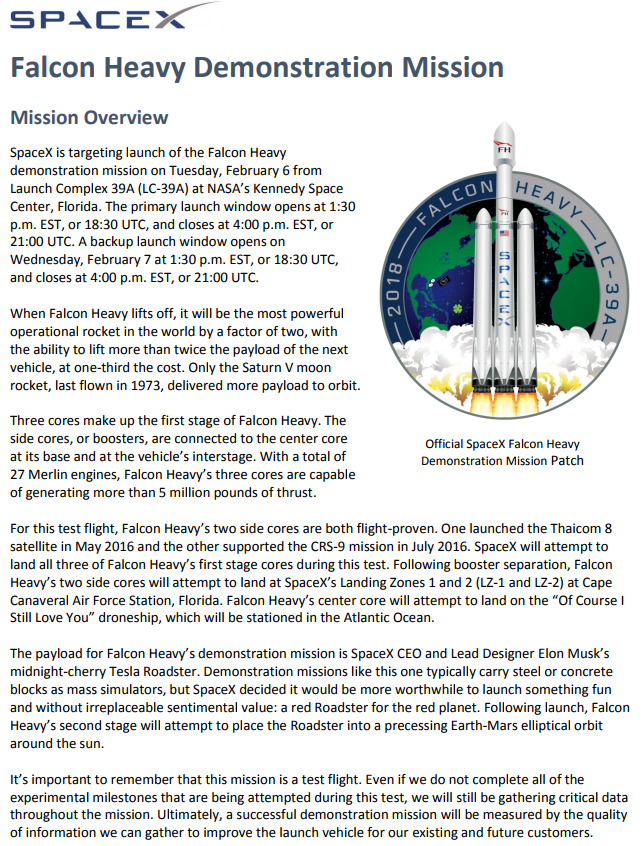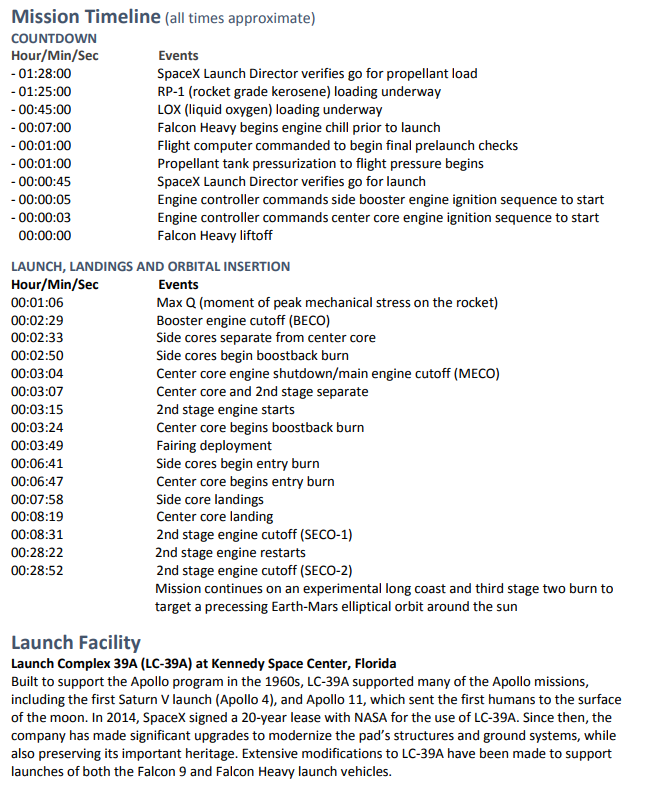gratus fermentatio
Well-Known Member
ISS transits sun during solar eclipse:
[ame]https://www.youtube.com/watch?v=eJAdndv_0hE[/ame]
[ame]https://www.youtube.com/watch?v=eJAdndv_0hE[/ame]

Goodbye Cassini. Kinda makes me sad.
You know what makes me sad? That every article on this topic mentions that the reason they deliberately destroyed it was to avoid risking contaminating two moons (Enceladus and Titan) that could potentially harbour life.
Except that they've already potentially contaminated Titan when they landed the Huygens probe on it in 2005.
I get that they don't want to risk contaminating Enceladus, and don't want to risk contaminating Titan further, but as an enthusiast of this kind of stuff, it bugs me that they keep implying that they're trying to keep Titan pristine, so if they ever find life on it, they can be confident it wasn't accidentally delivered there by an earlier probe. I'm sure NASA knows the difference, so I blame lazy journalism.
That's really interesting.
While we do know the elements that make up our world, and we don't expect to find any new ones in our solar system, life will undoubtedly be of a very different form than what's here on earth. That's mainly because the development of life depends completely on environmental pressures, and those pressures are far different on other planets / moons. So yea, I agree, NASA shouldn't have any trouble concluding whether it's a new species or some cling-on* from the space probe. I'm no scientist, but I will still guess that there's nothing to be discovered in our solar system, but more likely in another system with a Goldilocks planet.



![Craft A Brew - Safale S-04 Dry Yeast - Fermentis - English Ale Dry Yeast - For English and American Ales and Hard Apple Ciders - Ingredients for Home Brewing - Beer Making Supplies - [1 Pack]](https://m.media-amazon.com/images/I/41fVGNh6JfL._SL500_.jpg)









You know what makes me sad? That every article on this topic mentions that the reason they deliberately destroyed it was to avoid risking contaminating two moons (Enceladus and Titan) that could potentially harbour life.
Except that they've already potentially contaminated Titan when they landed the Huygens probe on it in 2005.
At the time Huygens landed on Titan, the prevailing science said that chances of finding life there were insignificant. This view changed, so the decision was made to scuttle Cassini.
Hmm, that's not how I remember it. I can't find any references, but my recollection is that they chose Titan specifically because of its potential for life. The rest of the moons were mostly boring, desolate rocks, but Titan has a thick atmosphere and was overflowing with hydrocarbons. Unfortunately, I can't seem to find any references to support this, as it was quite a while ago.
60 years ago today in 1958, the US entered the space game with Explorer 1, our first satellite. Just a few years later, president Kennedy stated that an American would walk on the moon within the decade, and indeed it happened in '69.
http://www.latimes.com/science/scie...er-1-60th-anniversary-20180131-htmlstory.html



I know I must have heard it or read it somewhere...but apparently Harrison Ford flew in to watch the launch...as it was named in part for the Millennium Falcon. How cool is that?

Pretty wild stuff. I just checked, and about 20 minutes ago they announced that it missed the drone ship. Haven't found any video of the miss though...It was pretty awesome to watch the two booster rockets land at the same time, not sure if the 3rd landed on the barge (video cut out) . Still pretty cool to watch that stuff come back down and land!
Pretty wild stuff. I just checked, and about 20 minutes ago they announced that it missed the drone ship. Haven't found any video of the miss though...
Musk has made some great videos of failures. It's a part of learning. Even this launch he said there was a high probability of failure. Either way it's going to be a great showSide cores landing on the drone ship again at 15:45 in video was equally impressive. Incredible.
If I was in control I'd cut the public video broadcast if I detected a problem. Super bad PR.
Musk has made some great videos of failures. It's a part of learning. Even this launch he said there was a high probability of failure. Either way it's going to be a great show
From SpaceX.com
They do a lot of spy satellites and vehicles. They will cut the videos on them. There was a recent failure of dispatching the Zuma vehicle that failed. Apparently everything went fine with SpaceX. Supposedly Zuma was lost during separation but who knows.....Nice, thanks. I'm guessing there's video of the booster that missed the barge. I'm just suggesting that it would detract from the mission successes if the video feed ended with it. I guess it's possible that the video on the barge coincidentally failed just before the booster crashed, but if you can have all that other video, from the falcon and other boosters, working fine, that's a pretty big coincidence.
Anyway, it was a great day and I swear to gawd my nerd buddy and I are driving across the state to watch the next one.